14 Online Habits That Make Your Digital Life Cluttered
Our online lives can get messy without us realizing it. From cluttered inboxes to too many apps and photos, these habits slowly pile up and make things harder to manage. Cleaning up small digital habits can make everyday browsing and storage feel lighter and more organized.
This post may contain affiliate links, which helps keep this content free. Please read our disclosure for more info.
Keeping Too Many Browser Tabs Open
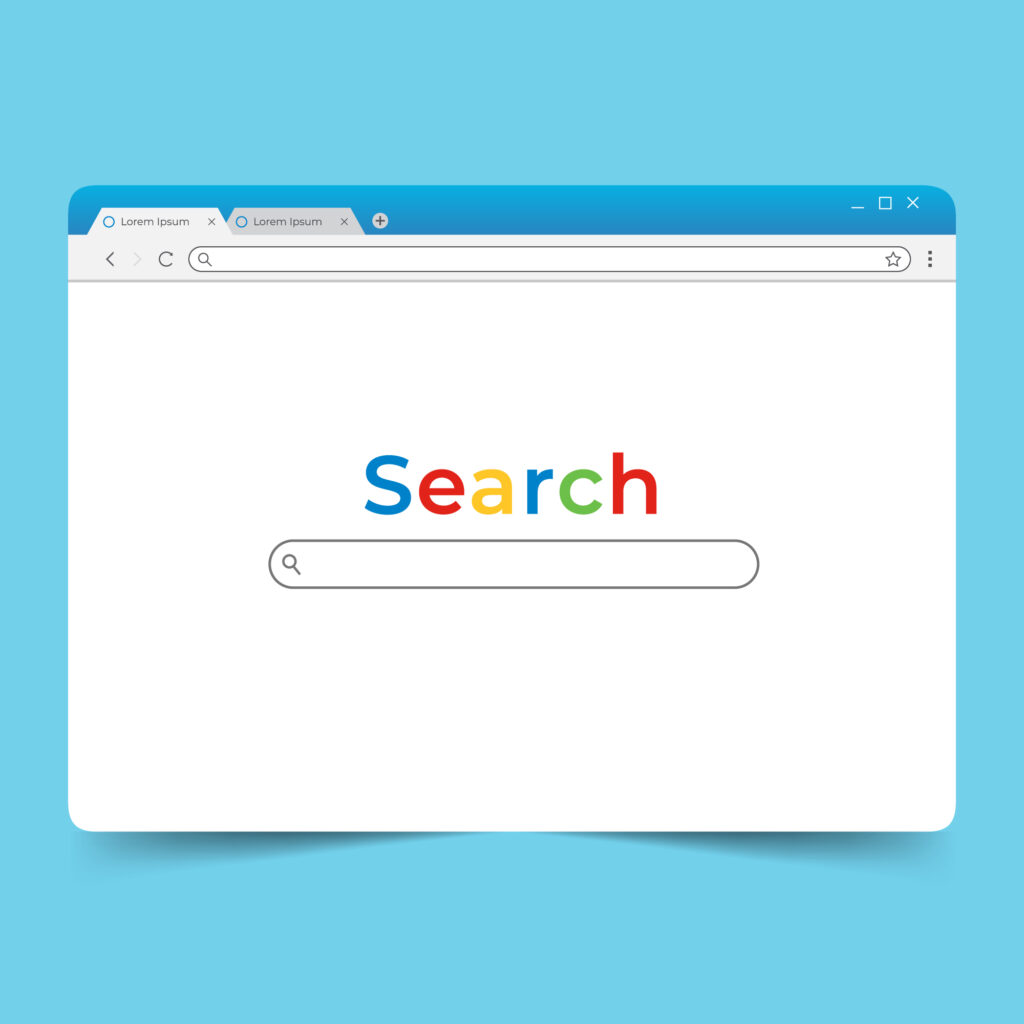
Leaving dozens of tabs open can feel like multitasking, but it often leads to confusion. The more tabs you keep, the slower your computer becomes, and the harder it gets to find the one you really need. This habit can also make you lose track of important pages because everything blends together in the sea of tiny icons.
Closing tabs or saving them to a reading list helps cut the clutter. It also improves your focus since you won’t be tempted by unrelated windows sitting at the top of your screen. Managing tabs this way makes browsing smoother and less stressful.
Hoarding Old Emails
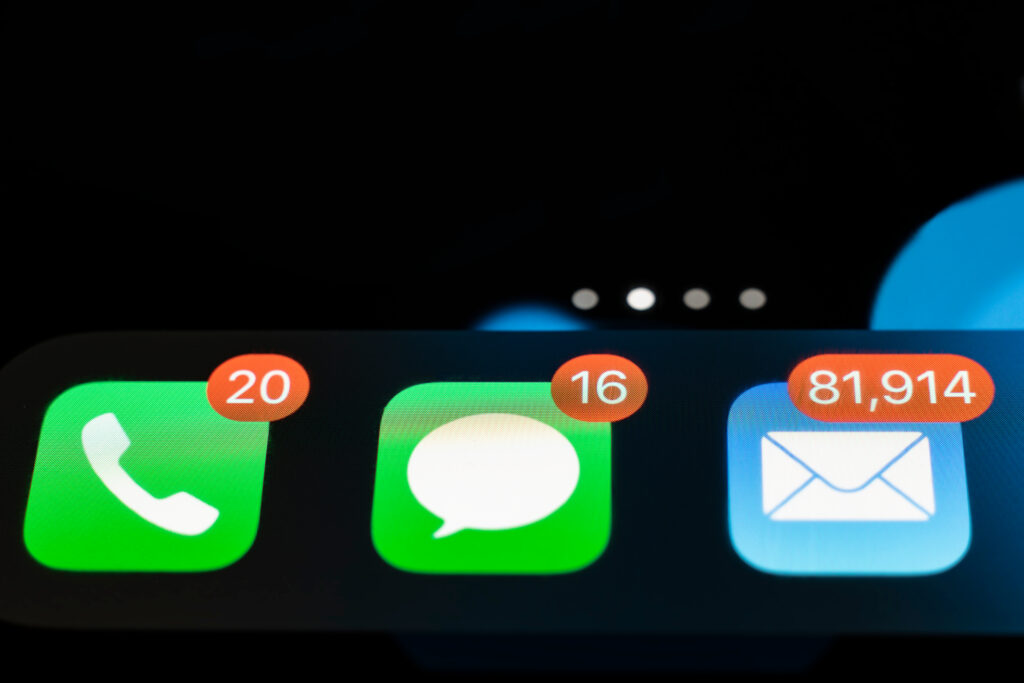
An inbox with thousands of unread messages creates a constant sense of digital weight. Even if you don’t open them, seeing the number grow makes it harder to keep track of what actually matters. Over time, it becomes almost impossible to sort through important notes, receipts, or reminders.
Setting aside time to delete or archive outdated messages makes your inbox easier to manage. Unsubscribing from mailing lists you no longer read also keeps the daily flood of messages under control. A lighter inbox lets you find what you need more quickly.
Saving Every File to the Desktop
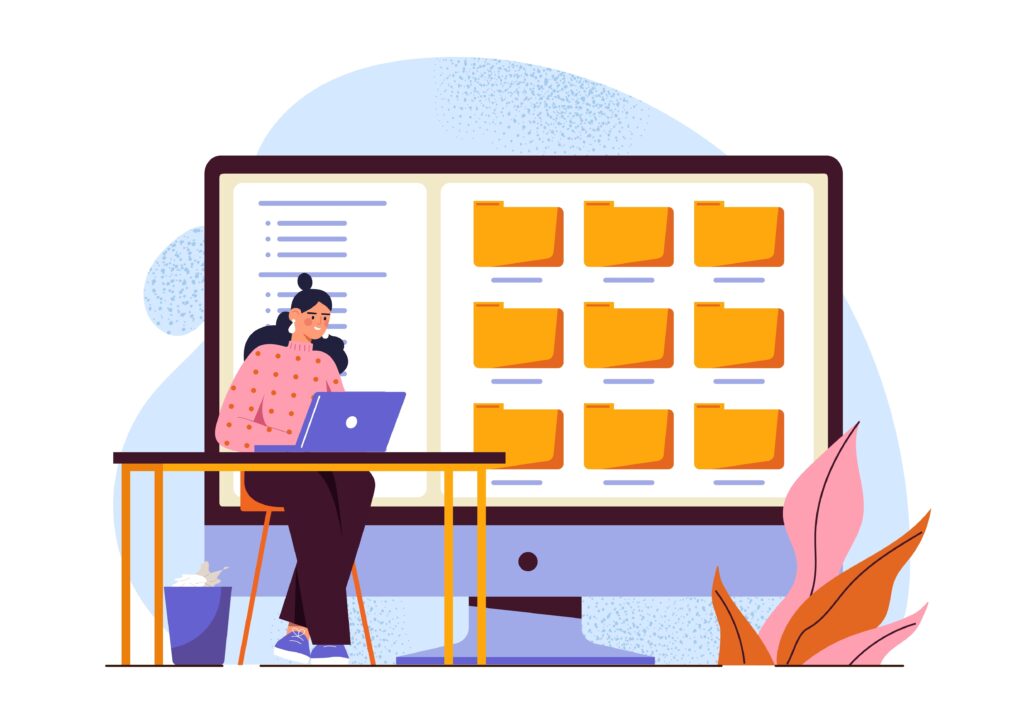
Dropping every file onto your desktop may seem convenient at first, but it builds up fast. With too many icons scattered around, your computer screen looks messy and unorganized. This makes it tough to locate the files you truly need, especially in a rush.
Creating folders for different projects or file types gives your desktop a cleaner look. It also saves time when you need to open a document without clicking through endless icons. An organized desktop makes working online feel calmer.
Not Clearing Cache or Downloads
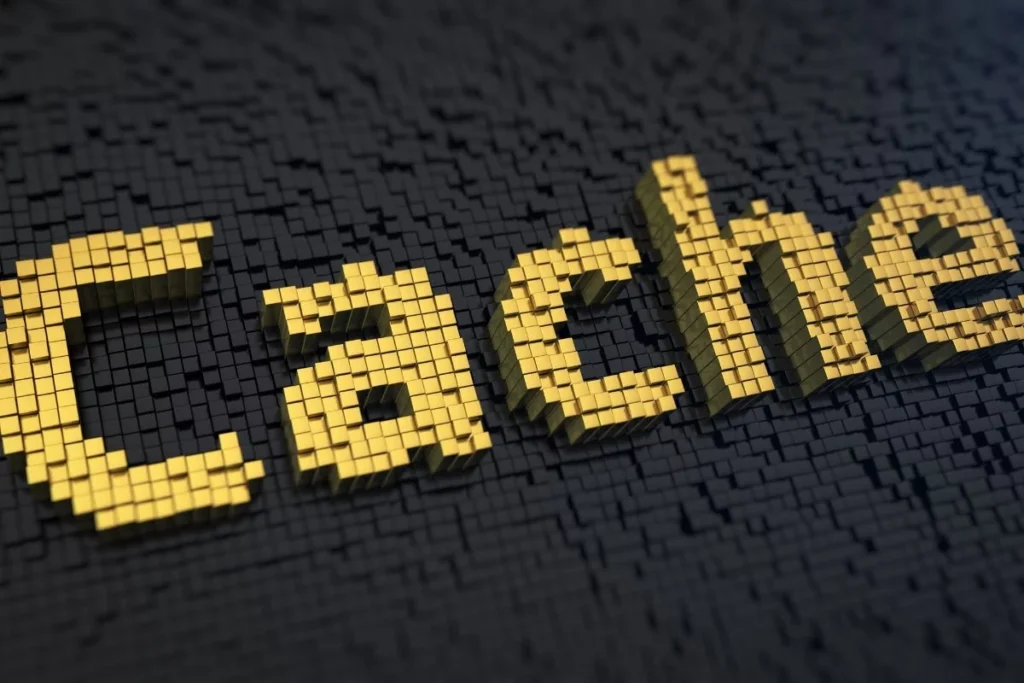
Your downloads folder can quickly fill with old installers, photos, and documents you no longer need. The same goes for your browser cache, which quietly stores data from websites and eats up storage over time. These files take up space and can even slow your system down.
Regularly clearing out your downloads and cache helps keep your devices running better. You may be surprised at how much storage you gain back once unnecessary files are removed. Making this a monthly habit prevents digital buildup from getting out of hand.
Forgetting to Unsubscribe From Mailing Lists

Subscribing to newsletters and updates seems harmless until they start to pile up. Soon your inbox is filled with sales offers, alerts, and promotions that you never read. This makes it harder to notice the emails that actually matter.
Taking a moment to unsubscribe from newsletters you don’t need makes a big difference. It reduces the constant flow of distractions and helps you focus on meaningful communication. With fewer emails arriving daily, you’ll spend less time scrolling past junk.
Using Too Many Social Media Platforms at Once
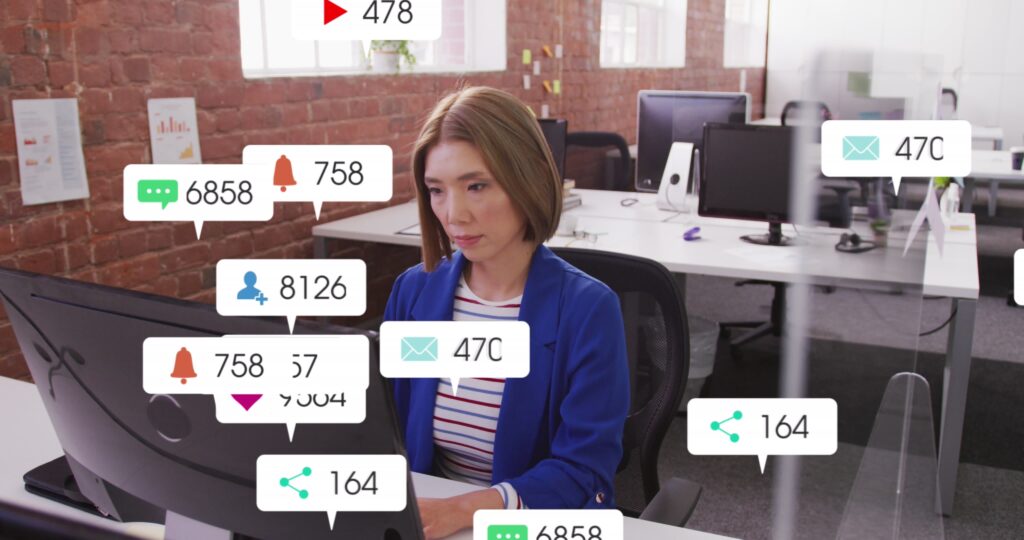
Juggling multiple accounts across several platforms splits your attention. Each one sends its own notifications, updates, and messages, making it difficult to keep up. Instead of staying connected, it often leaves you feeling scattered and drained.
Limiting yourself to the platforms you enjoy most creates a cleaner digital space. It also gives you more control over your time online, since you aren’t bouncing between apps constantly. Fewer accounts mean fewer distractions and a clearer focus.
Never Organizing Photos or Screenshots
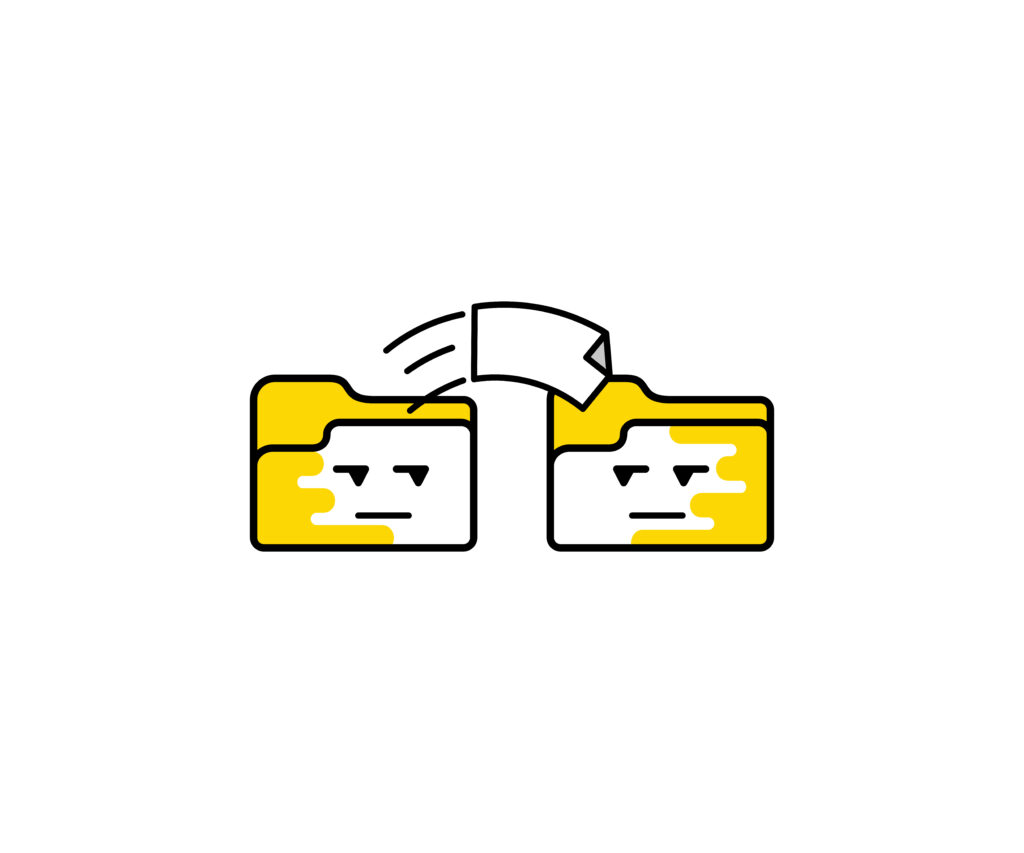
Photos and screenshots build up quickly on phones and computers. Over time, they take up massive amounts of storage and make your gallery overwhelming to scroll through. Important memories can easily get lost between random images and duplicates.
Taking time to delete duplicates or move images into folders helps you enjoy your photos again. Creating albums for family, work, or trips makes them easier to revisit. It also frees up space for new memories without having to panic about storage.
Holding Onto Apps You Don’t Use

Unused apps sit quietly on your phone, taking up space and sometimes running updates in the background. Over time, this can slow down your device and drain your battery. They also clutter your screen, making it harder to find the apps you actually use.
Deleting apps you don’t need gives you both storage and simplicity. It also makes your home screen easier to manage since you’ll only see what matters. Fewer apps mean a smoother, cleaner digital experience.
Ignoring Software Updates
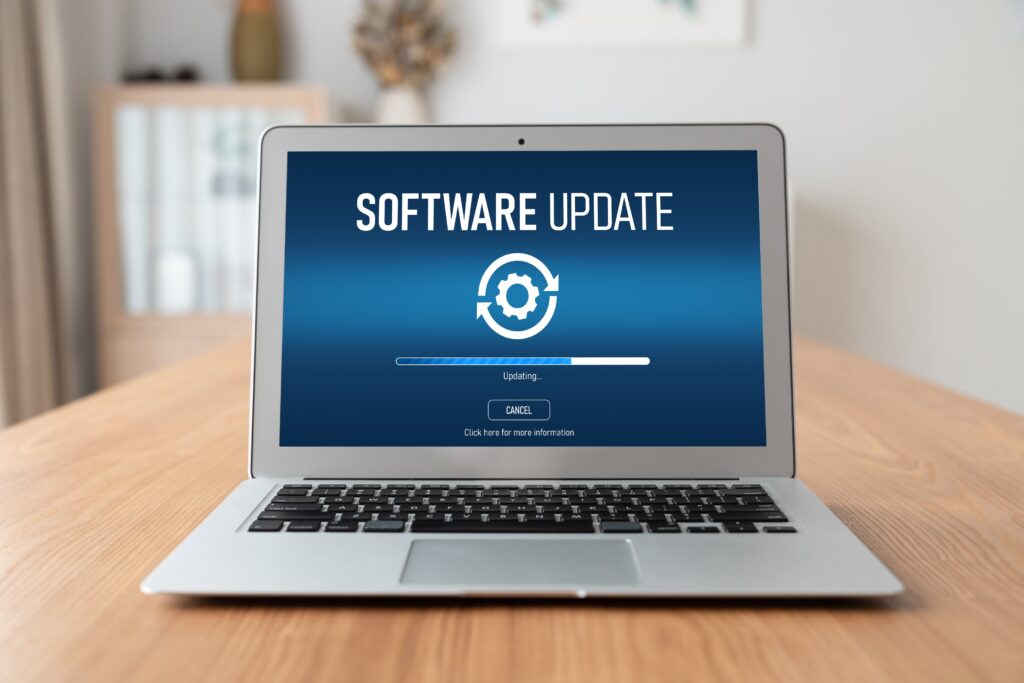
Skipping updates may seem like a way to save time, but it quickly backfires. The reminders pile up, and your device may start running slower as older versions lag behind. Security risks also increase since outdated software is more vulnerable.
Making updates part of your routine prevents these issues from stacking. It also clears away the constant notifications that build up when you keep postponing. Updating regularly keeps your device stable and your digital space less cluttered.
Using Weak or Repeated Passwords
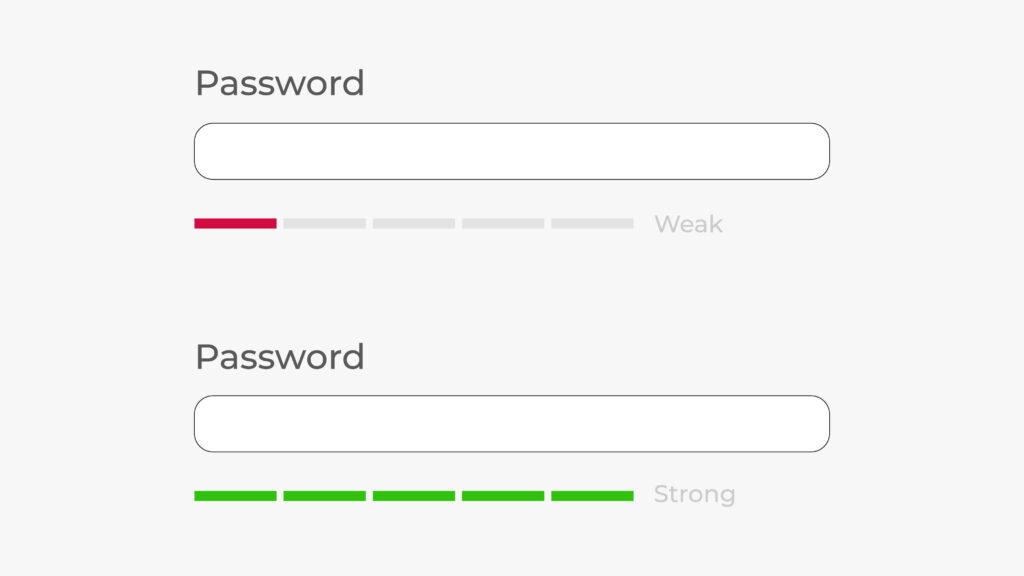
Recycling the same password across multiple accounts seems easy, but it creates a mess when one account gets compromised. Suddenly, you may find yourself scrambling to reset passwords across dozens of platforms. This habit not only causes clutter but also adds stress and risk.
Using stronger, varied passwords keeps your accounts safer and reduces confusion. A password manager can help you keep track without writing everything down or forgetting important logins. Stronger practices mean fewer headaches when it comes to digital security.
Not Backing Up Important Files
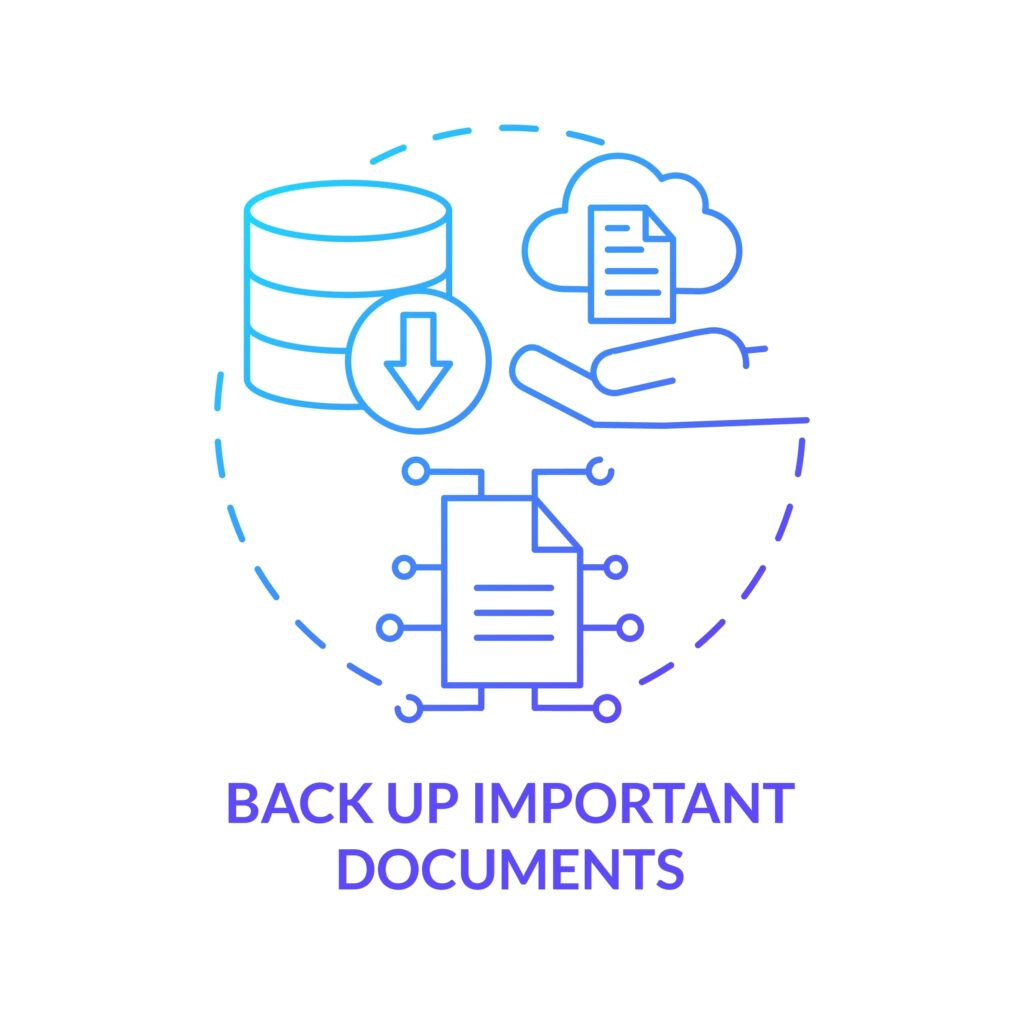
Forgetting to back up files can lead to serious problems when something goes wrong. A lost phone, a broken laptop, or accidental deletion can wipe out years of work or memories in seconds. Without a backup, there’s no safety net.
Setting up automatic backups makes sure your most important data is always protected. Whether through a cloud service or an external drive, it gives you peace of mind knowing files are safe. This habit prevents panic and loss when problems happen.
Letting Notifications Run Wild

Every ding, pop-up, and alert pulls your attention away from what matters. Having every app set to notify you can make your phone or computer feel overwhelming. Instead of staying informed, you’re constantly interrupted.
Turning off unnecessary alerts brings calm back to your devices. Customizing which apps can notify you helps cut the clutter while still keeping you connected where it counts. Fewer interruptions lead to better focus and less digital noise.
Skipping Digital Decluttering Sessions

Without regular cleanups, files, photos, and emails pile up until they become overwhelming. The longer you wait, the harder it is to get things under control. Digital clutter builds quietly, making your devices feel heavier over time.
Dedicating even a short session each month to tidying up keeps things manageable. Deleting unneeded files, organizing folders, and clearing space gives you more room to breathe online. It’s easier to keep up when you handle it in small steps.
Keeping Too Many Bookmarks Without Organizing Them
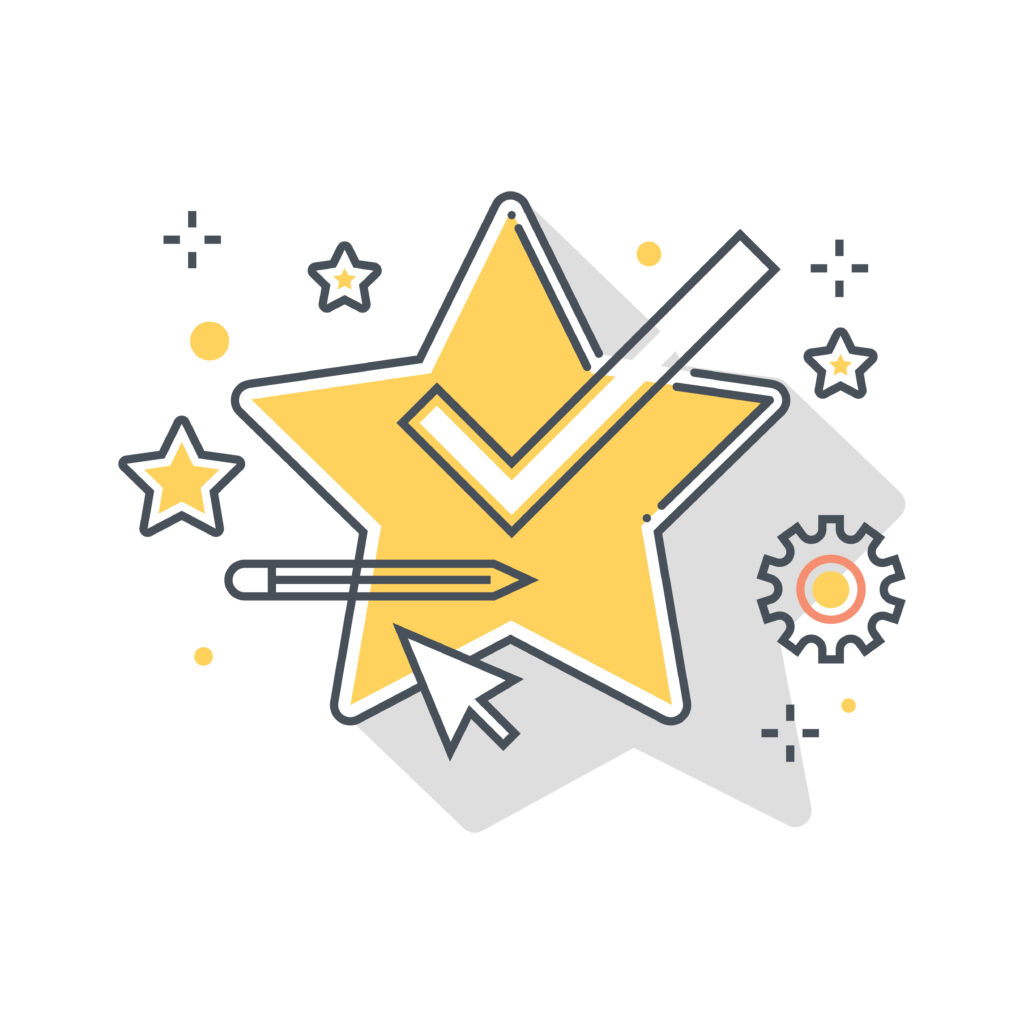
Saving bookmarks is useful, but letting hundreds pile up without labels turns it into chaos. Instead of helping you find a site, the endless list makes searching even harder. Over time, it feels like looking for a needle in a haystack.
Organizing bookmarks into folders by topic makes them easier to use. Cleaning out links you don’t need anymore also lightens the list. With a tidy setup, bookmarks become a helpful tool instead of another source of clutter.
This article originally appeared on Avocadu.
